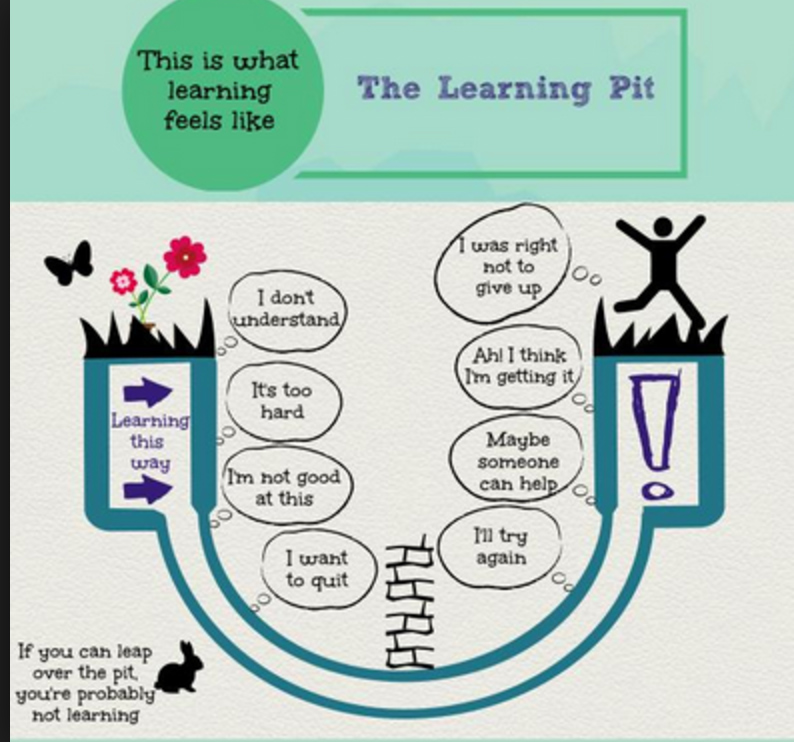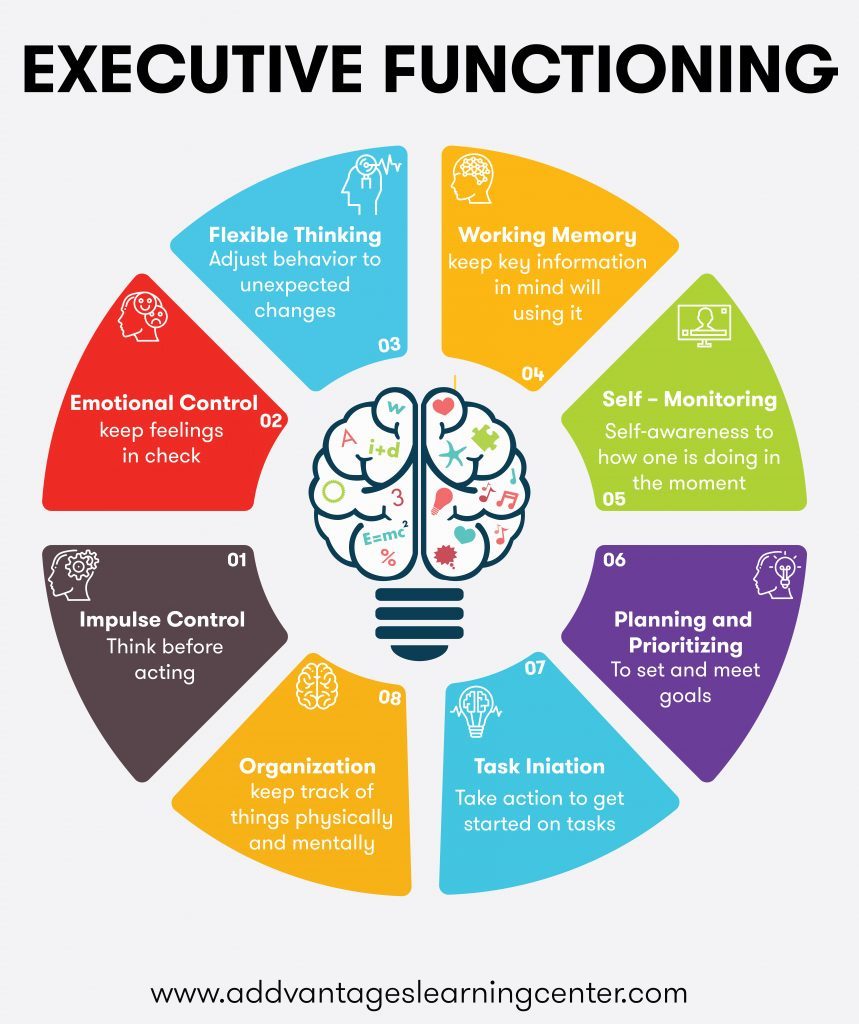In 1994, biology teacher Leonieke Boogaard discovered that all four of her children are high potential learners. Since then she has worked as a volunteer in several organisations for parents of gifted children in the Netherlands and currently acts as a coach for high potential adolescents who have problems at school. She holds a diploma as an ECHA Specialist in Gifted Education, is a SENG Model Parent Group facilitator and is a board member of the Umbrella of Giftedness. Leonieke says her goal is to spread knowledge about high potential learners, so that people will understand them better and be more able to support them.

A lot of bright kids who do well in primary school get stuck later on. When the subjects get more difficult, the pace gets faster and their results drop. Often, they don’t realize what’s happening. They are used to getting good results with a minimum of work. The picture of the learning pit helps them to understand what happened.
To really learn you have to go through the pit, you have to put in energy and skills. Most children learn this automatically e.g. when learning to read, but our high potential learners can go through primary school without ever going down the pit. They just jump over it, or sometimes they don’t even jump, they can just step over it! When learning gets difficult for the first time in their life, when they are twelve years old or fifteen or even sometimes when they are already at university, they don’t know the feeling. It scares them if they have to put effort into learning, if they get frustrated because things aren’t going as smoothly as they are used to. They never developed the skills and they don’t have the tools to go through the pit and demolish the wall at the bottom. They lack a lot of executive function skills!

If you have never had to put much effort and/or time into doing your homework or learning your tests, you have never had the need to plan and prioritise. So, it is very important to give bright kids challenging tasks, tasks that are so difficult that they need to plan and to organise. If they almost never have to put energy into what is expected of them in school and they succeed all the time, there is also no need for self-monitoring, an important skill when learning becomes more difficult!
A lot of the adolescents who come to me for help when learning gets difficult for the first time, have great problems with task initiation. On the one hand, they have difficulty starting a task because they are not used to having to work, on the other hand it is very challenging for them because a lot of tasks seem so boring. They have the feeling that there is a very big mountain of stupid, boring, irrelevant tasks ahead of them and they don’t know how to cope with that. So, we have to break that mountain down into smaller pieces.

One way of doing that is the Pomodoro Technique. This is a time management technique which uses a timer to break down work into segments, 25 minutes long, separated by short breaks. However, we don’t start with 25 minutes of work with kids who aren’t used to working at all. We start with five minutes and when that goes well we do ten and so on, until we reach the goal of working for 25 minutes before you have a little break.
Working till your 5 or 10 or 15 minutes are over also helps with developing emotional control and impulse control. Students say that, when they want to pick up their cellphone or check their e-mail after only three minutes of work, the kitchen timer helps them to wait till the 5 or more minutes of work are done. Step by little step they learn to concentrate for longer periods of time.
It is important to challenge high potential learners from the very beginning in a way that helps them to develop the right executive functions, but if they lack them at a later age, there are still some tools and strategies available to help them to improve their executive functioning.
To discover more about executive function skills and the important role they play in a child’s development see advice sheets:






